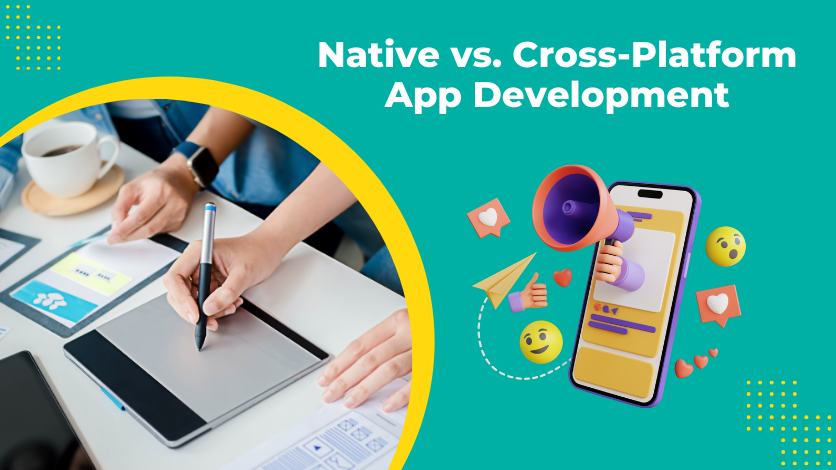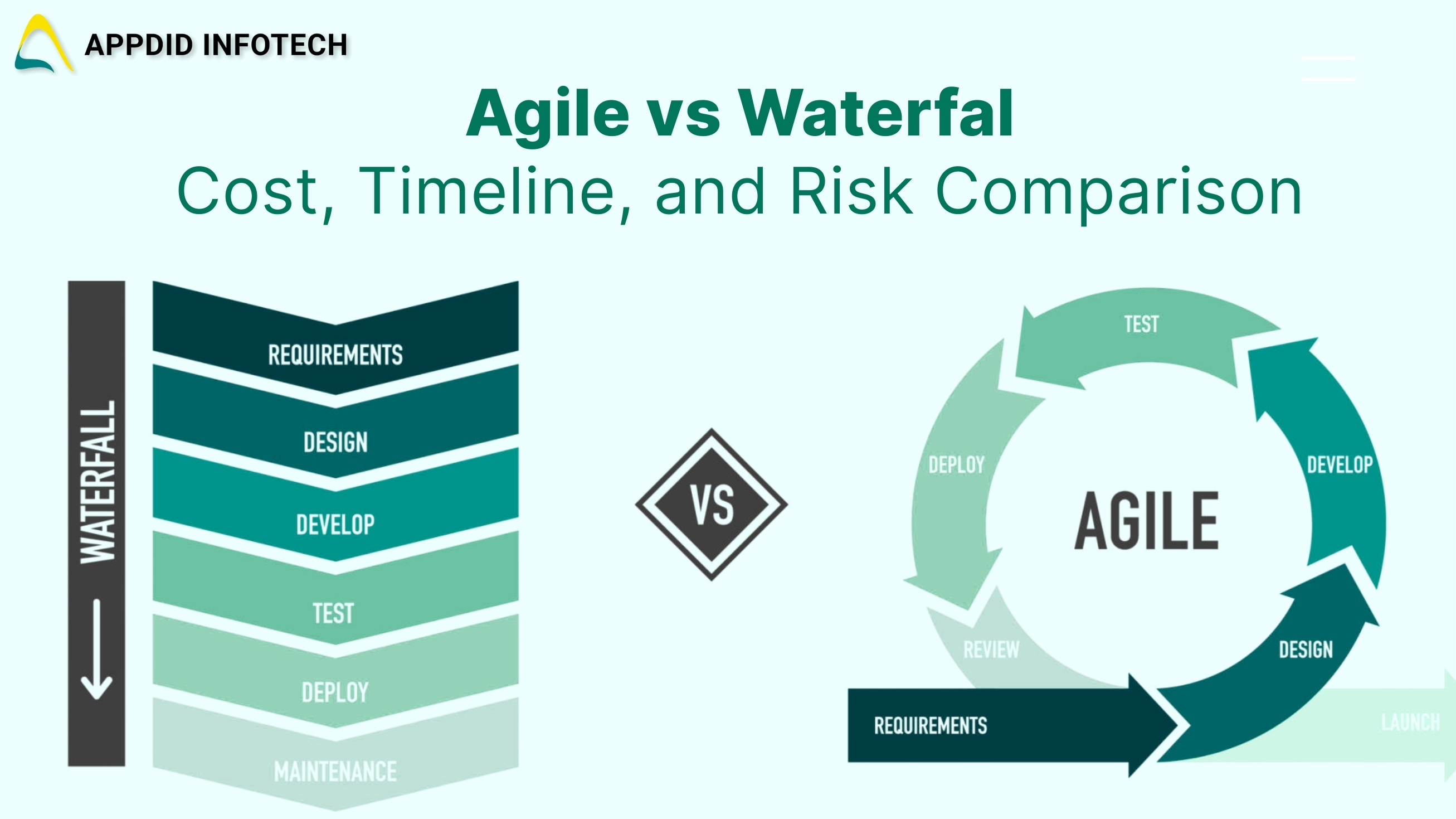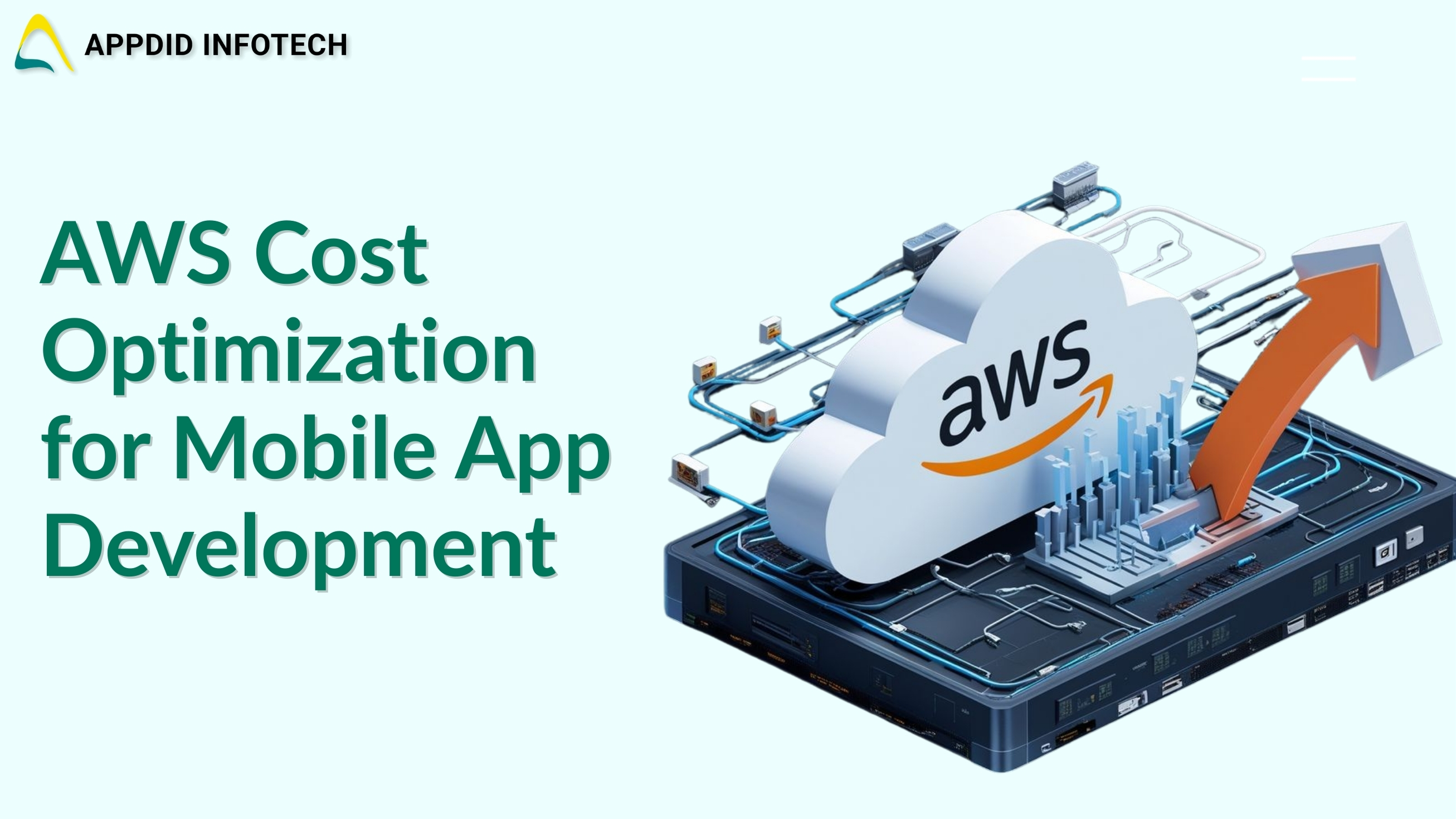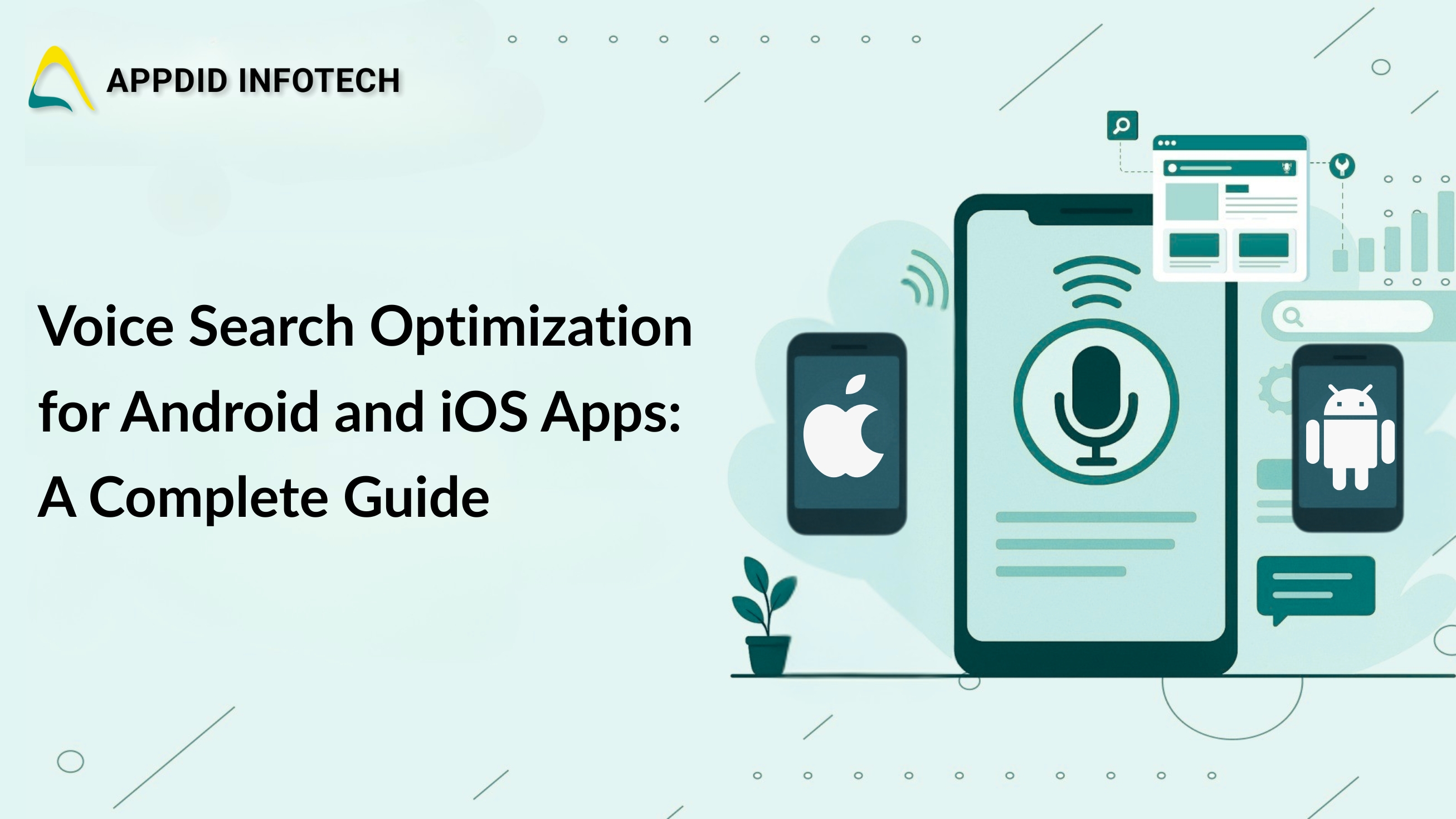In today's mobile-first world, developing an app has become a fundamental part of any business strategy. However, the key question that arises is whether to opt for native app development or cross-platform app development. This decision will influence everything from the app’s performance to its cost and time-to-market.
In this comprehensive guide, we’ll explore both approaches, detailing the pros and cons of each, and help you understand which option might be better suited for your specific project. The goal is to give you clarity on the ongoing debate of native vs cross-platform development, so you can make an informed choice.
What is Native App Development?
Native app development refers to creating mobile applications tailored specifically for a particular operating system, either iOS or Android. Developers use platform-specific languages such as Swift or Objective-C for iOS apps, and Kotlin or Java for Android apps. These apps are designed to take full advantage of the device’s hardware and operating system features.
Advantages of Native App Development
- Superior Performance
Since native apps are developed for a specific platform, they can make optimal use of the device's hardware. This results in faster load times, smooth animations, and overall superior performance compared to cross-platform apps. - Better User Experience
Native apps can offer a more polished user experience because they follow platform-specific design guidelines. This ensures that users have an intuitive and consistent experience across different parts of the app. - Access to Full Range of Device Features
Native apps have complete access to device features such as GPS, camera, microphone, and sensors. This allows developers to integrate complex functionalities into the app, ensuring seamless performance.
Disadvantages of Native App Development
- Higher Development Costs
One of the biggest drawbacks of native app development is the cost. You’ll need separate development teams for iOS and Android, which increases both the development time and the budget.
- Longer Time-to-MarketDeveloping two separate apps for Android and iOS takes longer than developing a single cross-platform app. This can be a downside if you're looking to launch quickly.
- Complex Maintenance
Since you're dealing with two codebases, maintaining and updating native apps can be more complex. Every change or update will have to be implemented twice, once for each platform.
What is Cross-Platform App Development?
Cross-platform app development allows developers to create a single application that works on multiple platforms like iOS, Android, and sometimes even web. Frameworks such as React Native, Flutter, and Xamarin are popular choices for cross-platform development. The idea is to write the code once and use it across multiple platforms.
Advantages of Cross-Platform App Development
- Reduced Development Costs
Since cross-platform development allows for a single codebase across multiple platforms, it significantly reduces the cost of development. You only need one team instead of separate teams for each platform. - Faster Time-to-Market
With cross-platform development, businesses can launch their apps faster because the code is written once and deployed across various platforms. This makes it an attractive option for companies looking to hit the market quickly. - Unified User InterfaceCross-platform frameworks allow developers to create a unified user interface across platforms, ensuring a consistent look and feel. While the user experience might not be as seamless as native apps, the consistency can still appeal to users.
- Easier Maintenance
Since there's only one codebase to maintain, updating and fixing bugs is much easier. You don’t need to push out different updates for different platforms, which can be a time saver.
Disadvantages of Cross-Platform App Development
- Large App Size
Cross-platform apps tend to be larger than native apps because they bundle additional runtime engines, libraries, or frameworks. This increased size can lead to longer download times, higher storage consumption, and negatively affect user experience, especially on devices with limited storage or in areas with slow internet speeds. - Limited Access to Native APIs
While cross-platform frameworks provide access to many platform-specific APIs, they often have limited or delayed access to the latest native features. For more advanced system functionalities or hardware integrations, developers may need to write platform-specific code, which adds complexity and diminishes the cross-platform benefits. - Performance Issues in Complex Applications
Cross-platform solutions typically perform well for basic apps, but they may struggle with more complex applications, especially those involving heavy animations, advanced graphics, or resource-intensive tasks (like gaming or AR/VR). Native platforms are better optimized to leverage device-specific hardware, making them more efficient for performance-critical apps.
Native vs. Cross-Platform: A Direct Comparison
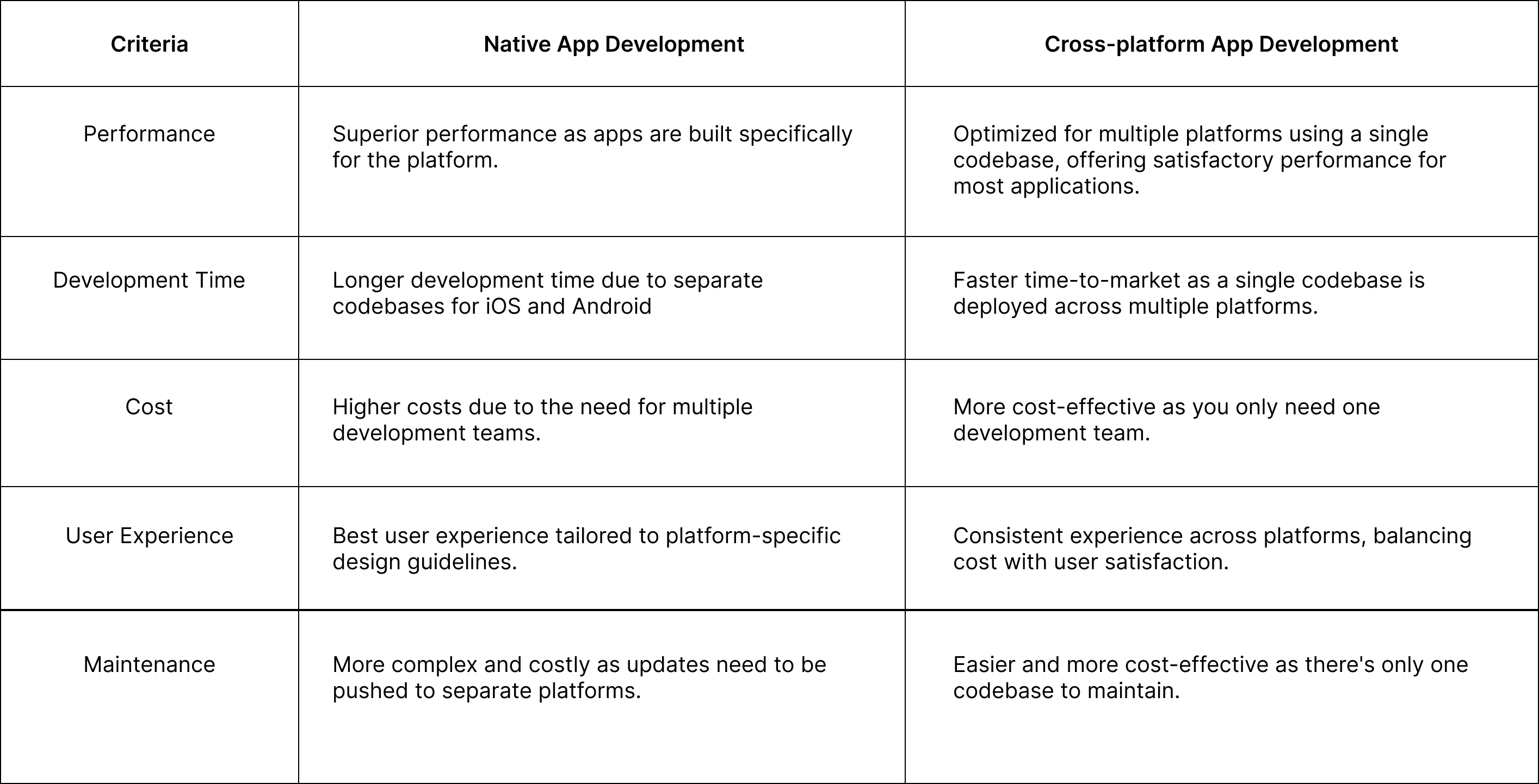
When Should You Choose Native App Development?
- Time and Budget Constrained
If you need to launch your app quickly and with limited funds, cross-platform development is a practical solution. A single team can build the app for both iOS and Android, saving time and money. - Apps with Simple Functionality
For apps that don’t require extensive use of device-specific features or high performance, cross-platform development can meet your needs without sacrificing too much in terms of quality. - Consistent Experience Across Platforms
If your goal is to maintain a consistent user interface across multiple platforms and you don’t require platform-specific customizations, cross-platform development can work well.
FAQs
- What is the difference between native and cross-platform app development?
Native app development involves building apps specifically for one platform (iOS or Android) using platform-specific languages, while cross-platform development allows the creation of a single app that works on multiple platforms. - Is native app development more expensive than cross-platform development?
Yes, native app development is generally more expensive because you need separate development teams for iOS and Android. Cross-platform development reduces costs by using a single codebase. - How does cross-platform development help in reducing maintenance costs?
With cross-platform development, there’s only one codebase to maintain. This means updates, bug fixes, and new features can be implemented once and applied across all platforms, saving time and reducing long-term maintenance costs. - Which should I choose for a simple app?
Cross-platform development ensures that your app is available on both iOS and Android without the need for separate development projects. This means you can reach a wider audience faster, ensuring better market penetration from the start.
Conclusion
The choice between native vs cross-platform app development ultimately comes down to your project's specific needs. If you're aiming for top-tier performance and user experience, native development is the way to go. On the other hand, if you're looking to save time and money while still reaching a broad audience, cross-platform development offers a compelling solution. Always weigh your app's functional requirements, budget, and time constraints before making a decision.
At Appdid Infotech, we specialize in delivering comprehensive app development solutions, including Native App Development and Cross-Platform App Development. Our expertise also extends to Digital Marketing, Mobile App Development, and more. Whether you need the performance and user experience of native apps or the flexibility and cost-effectiveness of cross-platform development, we’ve got you covered. With our holistic approach, we ensure that your digital projects stand out, capturing your target audience and driving lasting success. Partner with Appdid to navigate the best app development path for your business and achieve remarkable results in the competitive digital landscape.





